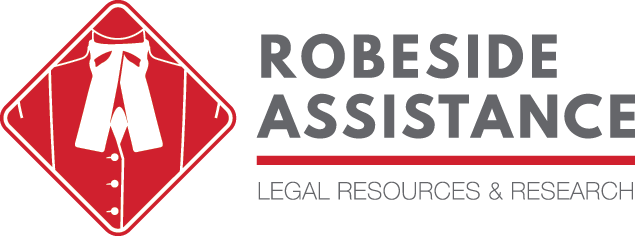The CCLA Library is pleased to offer free training sessions next month on two of the most popular and widely consulted legal research databases used in the practice of law today: LexisNexis Quicklaw and Westlaw Canada. Access to these powerful research databases is available for free on all the desktops in the CCLA Library, and CCLA Members, articling students, and members of the Bar and their staff are encouraged to take advantage of this access by visiting the CCLA Library.
Specialists will be joining us to offer guidance and training on how to more effectively search for useful case law, legislation, and commentary. Learn how to find results more quickly, and narrow them to find more specific and powerful precedents to support your arguments. Take your search beyond basic search terms by learning to effectively use case digests, note-up features, and Boolean operators. These sessions are an excellent opportunity for students and experienced legal professionals alike to refresh, sharpen, or broaden their online research skills. We encourage legal professionals of all skill levels to sit in on a session and learn some new techniques.
The sessions will be held in the CCLA Library, located in Room 2004 on the main floor of the Ottawa Courthouse, at 161 Elgin Street. Please feel free to bring your lunch; iced tea and snacks will be served.
Session dates and times are as follows:
Westlaw Canada – Wednesday, March 9th, from 1:00 – 2:00 PM.
LexisNexis Quicklaw – Wednesday, March 30th, from 1:00 – 2:00 PM.
Please send a quick email to the CCLA’s Reference Librarian, Kaitlyn Tribe (ktribe@ccla-abcc.ca) if you are interested in attending either of the sessions. We hope to see you there!
The CCLA Library is always interested in providing better training and services to members of the legal community. If you have any comments, questions, or ideas for training session topics, dates and times, or services, please don’t hesitate to contact us. We’re always happy to receive ideas and feedback!
